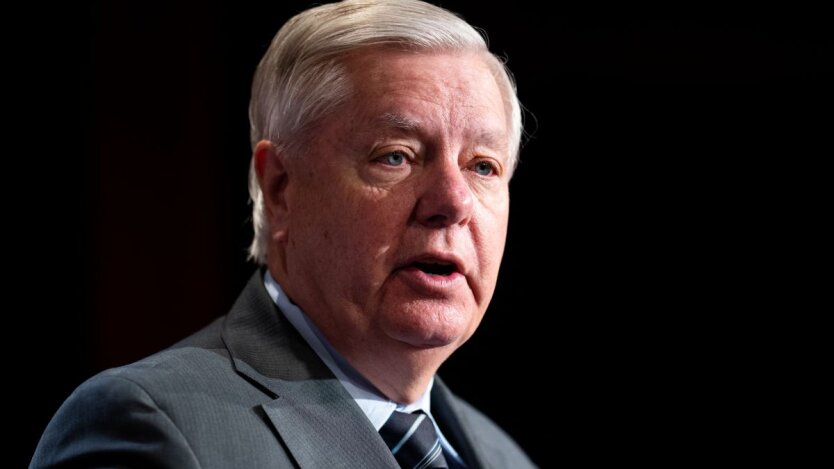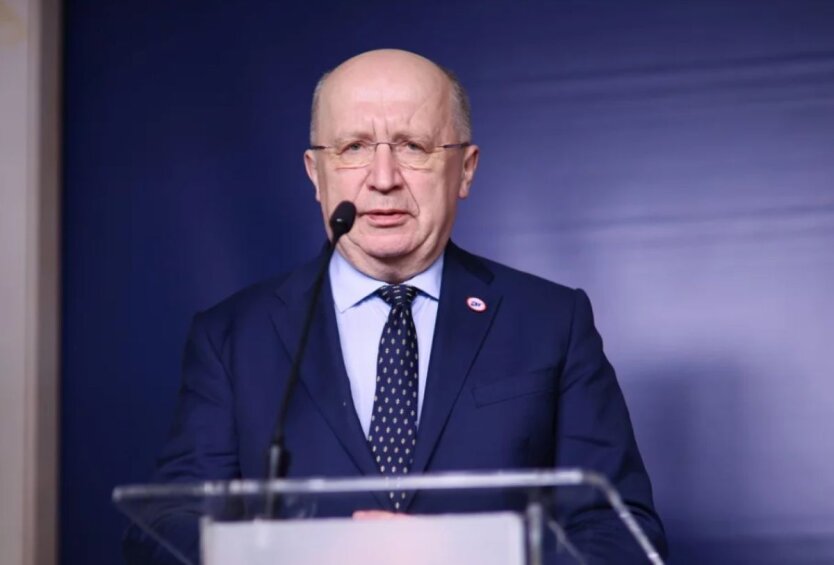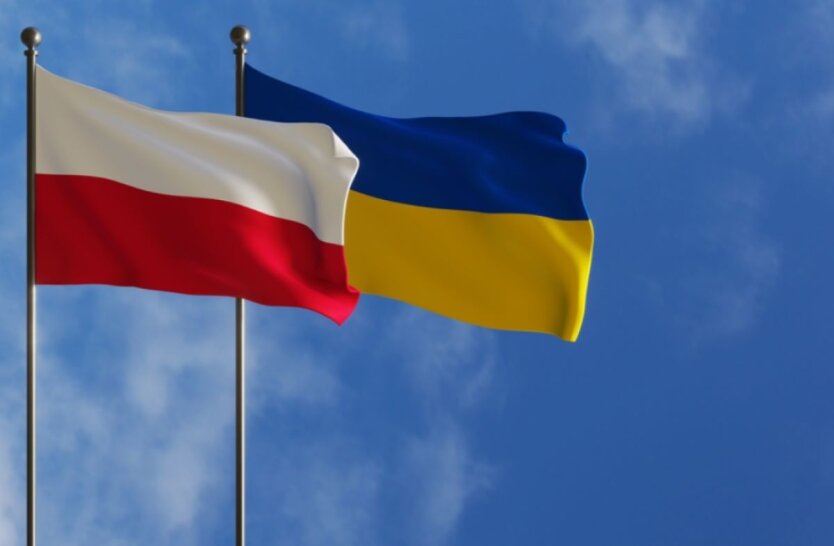lifecell launches 5G roaming in 61 countries: where subscribers will have access.


The mobile operator lifecell has expanded its 5G network for customers who use roaming. Starting from April 2025, subscribers can enjoy high-speed fifth-generation mobile internet in 61 countries. These countries include European states such as Austria, Belgium, the United Kingdom, Greece, Denmark, Estonia, Ireland, Iceland, Spain, Italy, Latvia, Lithuania, the Netherlands, Germany, Norway, Poland, Portugal, Finland, France, Switzerland, and Sweden. Additionally, access to 5G has been granted to countries from other continents, such as Australia, Azerbaijan, Argentina, Hong Kong, Georgia, Israel, Kazakhstan, Canada, Qatar, China, Kuwait, Malaysia, Mexico, New Zealand, the UAE, Oman, Saudi Arabia, Singapore, the USA, Thailand, Turkey, and others.
Importantly, using 5G while roaming does not require additional settings and does not affect the cost of services. Subscribers can use mobile internet under their tariff plan.
Expanding the availability of 5G roaming to 61 countries is a significant step in providing our customers with high-quality communication worldwide.
lifecell has also improved the quality of VoLTE calls for its subscribers.
In recent years, 5G has become increasingly popular worldwide. Expanding the availability of 5G roaming for lifecell customers in 61 countries is a major step in this direction. Now subscribers can enjoy high-speed mobile internet even outside Ukraine, providing them with convenience and accessibility of communication in any corner of the world.
Read also
- Zelensky declared air defense as a top priority and announced new agreements with partners
- 5000 hryvnias for a schoolchild: Ukrainians were told the rules for receiving the payment
- Trump's Tool: Graham Talks About Senate Plans to Consider the Strongest Sanctions Against Russia
- Military Aid to Ukraine May Increase: European Commissioner Names Specific Figures
- The 30-Day Rule Introduced for Ukrainians in Poland: Everything Can Be Lost
- Free roaming in the EU turned out to have a catch: who among Ukrainians will have to pay extra









